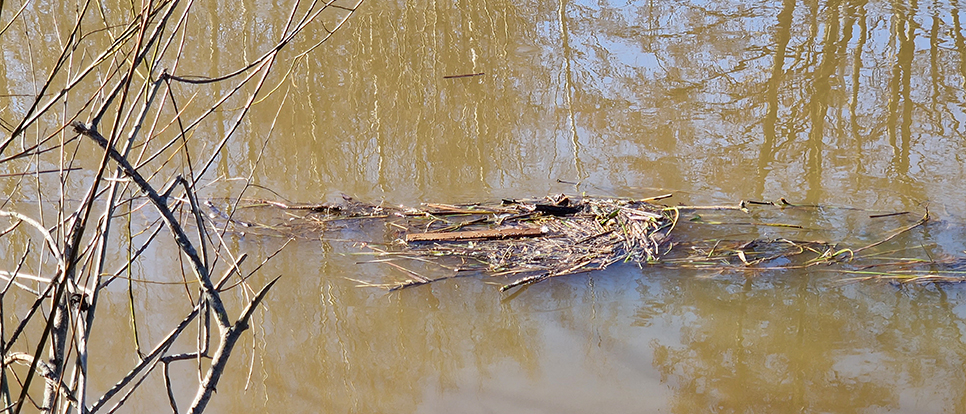“Many of the world’s lakes are facing critical health issues”

Many of the world’s lakes have become browner due in part to climate change, acidification and forestry, which increases the risk of oxygen deficiency and bacterial growth, leading to poorer quality drinking water. Photo: Private
Hi there, Gesa Weyhenmeyer, professor of aquatic biogeochemistry and first author of a research article recently published in the journal Earth’s Future entitled “Global Lake Health in the Anthropocene: Societal Implications and Treatment Strategies”. What is the article about?

Gesa Weyhenmeyer. Photo: Lotta Weyhenmeyer
“Together with an international team, we have shown that many of the world’s 1.4 million lakes larger than or equal to 0.1 km2 suffer from serious health issues which require immediate treatment. Many of the lakes have health problems similar to those that humans experience. For example, the lakes can exhibit circulatory problems, respiratory problems, infections, poisoning, metabolic dysfunction and nutritional issues.”
Why are so many lakes so sick?
“There are multiple causes, with severe overexploitation and global warming being among the most important ones. Many thousands of lakes in the world are presently drying out, which affects more than 153 million people who live around these lakes. Their health issues can also be caused by mining activities, industrial pollution, atmospheric deposition of sulphur and nitrogen compounds and afforestation. In addition, there are hazardous substances that are commonly spread via the air and water and therefore are found in lakes all over the world. Such substances include pharmaceutical residues, endocrine disrupters, industrial chemicals and pesticides.”
What consequences can we expect if the lakes’ health problems are not remedied?
“If the lakes are not adequately treated, many of their health problems will become chronic. This will lead to a drastic reduction in the ecosystem services that lakes provide to us humans. The threats vary widely across geographical regions. In the worst cases, they can directly endanger human survival, by resulting in water and food shortages, contaminated drinking water, waterborne diseases, water-related wars and floods.”
What is needed to reverse this negative trend?
“Immediate action must be taken to improve the health status of many lakes around the world. Most urgent is the situation in densely populated low-income countries as lakes in those regions suffer from the most severe health issues. We should also increase preventive measures In general, we suggest treatment strategies similar to those used in human health care: intervention and preventative actions before health problems occur, regular screening and early identification of lake health issues, and remediation and mitigation efforts at an appropriate scale, spanning from the local to global level. In general, there is an urgent need for international treaties, a coalition of economy and society and engagement from local citizens and non-governmental organisations.”
Anneli Björkman
